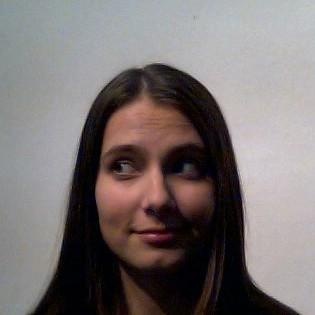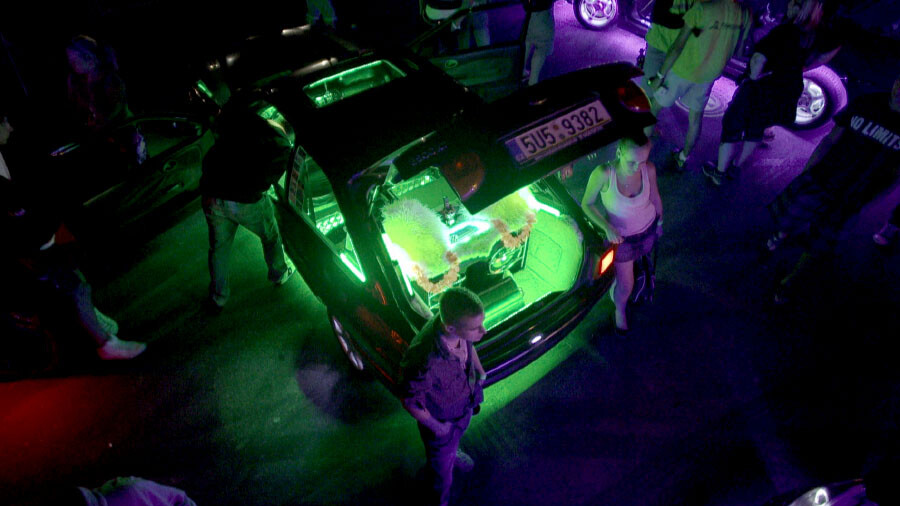Experiments Based on (Industrial) Reality
The main topic of the Jihlava IDFF – Factory – is also reflected in films screened in one of the traditional sections, Fascinations. Experimental films, which will screen at the Jihlava IDFF this year, were introduced by their programmer Andrea Slováková.
For many of the viewers, the section Fascinations is one of the most appealing sections of the festival: an opportunity to see visually and sound packed – often times shocking – experimental films on the big screens cannot be found anywhere else in the Czech Republic, only Jihlava. What criteria do you go by when choosing films?
We look for films, which are strongly linked to reality. They work with documentary material. The topics they cover point to everyday stimuli or historical facts, and they experiment with expression. We present films, which apart from being aesthetically pleasing also have a comprehendible message. These criteria are a bit more lenient when it comes to Czech experiments - we like to present different approaches the creators took on the local scene. Since a lot of foreign curators, filmmakers, producers and distributers come to Jihlava, we think it is important that we make these films available to them, draw attention to Czech filmmakers and artists.
Annually the section always has some kind of a retrospective. This year it is a flashback from the industrial environment. How was it depicted in avant-garde cinematography?
In the time between the wars the industry and factories were gazed upon with an aesthetic fascination: the preciseness, with which the machines worked, their endless movement, the dynamic of work processes emphasized rhythm, geometrical harmony. Symbolically they meant breakthrough, they mirrored important progressive steps in the industrial community. After the Second World War, they were considered in more of a social and political context. In their depiction an emphasis was put on their relationship to the bigger picture. Then the material was recycled. A reflection on how the industry was and is currently being depicted.
A lot of creators will introduce their films in the flesh. Who are you looking forward to meeting the most?
Jacques Perconte will come to introduce the world premiere of a film named L. He is a pioneer in net art and new methods of working with digital pictures, and he also cooperated with Leos Carax on the film Holy Motors. I am curious to see the debate concerning his creative methods and also changing technology. Perconte has been experimenting with compressing digital pictures since the 90’s and his insight into technology which is changing filmmaking is something that intrigues me.
|
|
Andrea SlovákováAndrea Slováková (1981) studied Media Studies and Film Science at Charles University, as well as Documentary Film at FAMU. From 2003 to March 2011, she worked in the management of the IDFF Jihlava and has been working as the head of publishing activities for the past few years. As a programmer, she continues to prepare the section of experimental documentaries for the festival. She worked as the editor of dok.revue and was the editor-in-chief of the anthology of texts on documentaries called DO. Since 2012, she has been working as the director of the Publishing House for the Academy of Performing Arts in Prague. She filmed the portrait of the mathematician Petr Vopěnka (2006), a film about clouds Oblaka (Clouds, 2007) and a film essay about supervision mechanisms Nadohled (Nearby, 2011) |
Translated by Floriana Skorulska and Christina Skorulska




